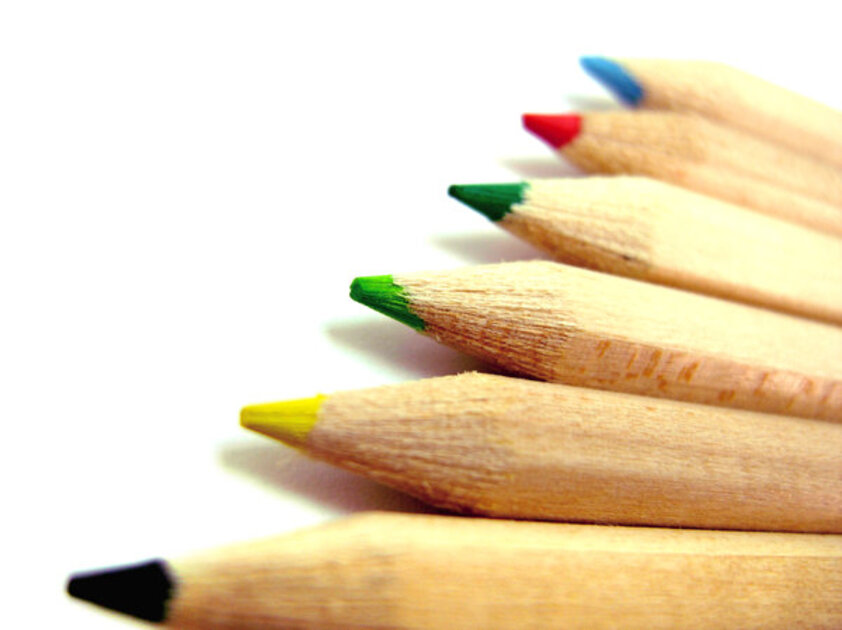
Our Mishna on Amud Aleph teaches
One who strikes another must give him a sela. Rabbi Yehuda says in the name of Rabbi Yosei HaGelili that he must give him one hundred dinars. If he slapped another on the cheek, he must give him two hundred dinars. If he slapped him on the cheek with the back of his hand, which is more degrading than a slap with the palm, he must give him four hundred dinars.
We see increasing amounts of compensation that are not based on the amount of damage, but instead on the amount of humiliation. This shows that humiliation is more severe than physical damage.
Toras Chaim says that humiliation is not a physical matter, rather it cuts deep to the soul. This is not merely a metaphor, but we actually find that the way in which the soul experiences itself in the World to Come, where there are no physical bodies, includes the emotion of humiliation. Gemara Menachos (29b) teaches:
ææÊæ æ ææ æ ææ´æ ææÂæææ æææ æææ"æ ææÊæ æ æˋæÎæææÏææ æˋææ æææÂæææ æææÊæ æ ææ ææÊææÈ æ´ææˋæ ææÊæ æ æˋæÎæææÏææ æˋææ ææÊææÈ æ´ææˋæææ ææÊæ æ ææÂæˋæææ æˋæææ æ æææææ ææ æææ
The Gemara asks: For what reason was the World-to-Come created specifically with the letter yod, the smallest letter in the Hebrew alphabet? The Gemara answers: It is because the righteous of the world are so few. And for what reason is the left side of the top of the letter yod bent downward? It is because the righteous who are in the World-to-Come hang their heads in shame, since the actions of one are not similar to those of another. In the World-to-Come some of the righteous will be shown to be of greater stature than others. (Rashi explains that they are embarrassed of their shortcomings, in comparison to their colleagues.)
Because humiliation affects somebody so deeply to the soul, it is not just an affront to the person, but since in particular, the soul is made in God’s image, it is also an affront to God. This is why Gemara Sanhedrin (58b) teaches:
ææ"æ´ ææ ææ æ ææÀæææ´ æææÂæ æˋæ ææˋæ´ææ æææææ æÀæææ´ æææÂæ æˋæ æˋæææ æ æˋæ æææ´ (ææˋææ æ, ææ) æææÏæˋ æææ æææ æÏæææˋ:
And Rabbi áÊanina says: One who slaps the cheek of a Jew is considered as though he slapped the cheek of the Divine Presence; as it is stated: “It is a snare [mokesh] for a man to rashly say [yala]: Holy” (Proverbs 20:25). The verse is interpreted homiletically to mean: One who strikes [nokesh] a Jew is considered as though he hurt the cheek [lo’a] of the Holy One.
It is hard for us to fully incorporate into our daily awareness that another person’s feelings, especially their dignity, is a manifestation of divinity. Yet this is one of the great teachings of the Torah - Man is made in God’s image. Obviously, this does not mean his physical body. It is about the essence of selfhood, the ability to exist as an autonomous self-aware individual. When one humiliates another, they are attacking their validity, making them feel like they don’t exist or should not exist. This is a corruption of the deepest life force that comes from God.

 Previous
Previous
